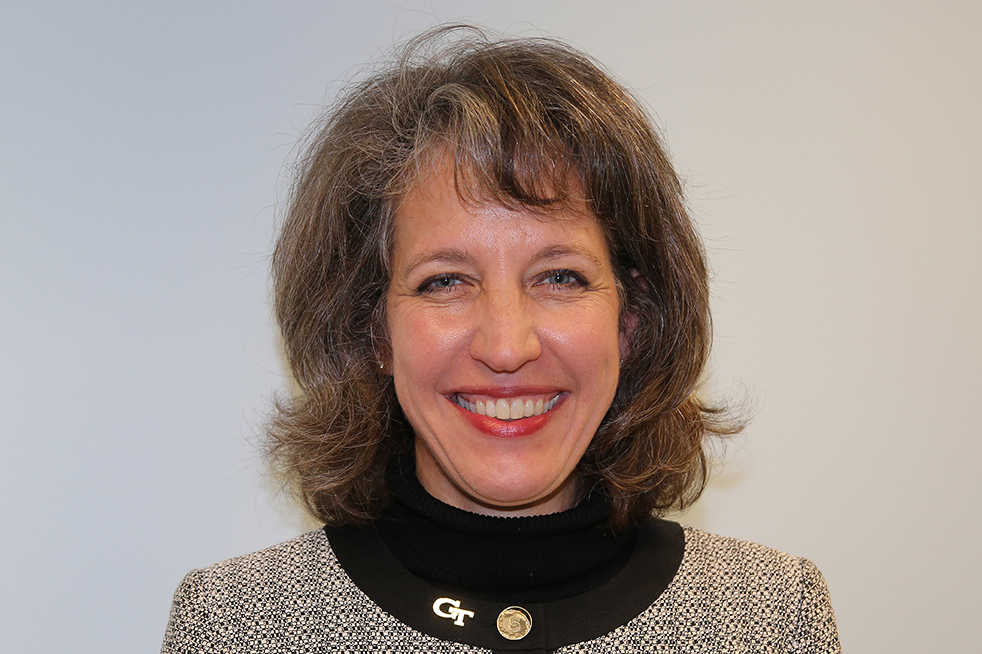Tech’s newly-formed Center for Community Health and Wellbeing welcomed its first Director on Dec. 7 of last year. Suzy Harrington, with expertise in healthcare business and leadership with a focus on health promotion, will oversee the Campus Recreation Center, Stamps Health Services and Health Promotion.
“Georgia Tech reached out to me. It sounded like a wonderful opportunity, the reputation of Tech is tremendous, and the dedication to wellness was very exciting,” Harrington said.
“Suzy brings the passion and leadership that Tech needs in this newly created position,” said Paul Strouts, vice president of campus services. “Her experience will be critical in helping define the new organization and in aligning people, programs and funding for maximum effectiveness.”
Harrington, who previously served as a wellness officer for Oklahoma State University, is initially hoping to work with Tech officials and students to get a better bearing on the status of wellness on campus.
“I want to jump into the university culture, as all universities have different cultures to assess what’s available and what the needs are,” Harrington said.
Harrington’s career began in the U.S. Air Force, where she served as a nurse. She later branched out to serve in various government and healthcare organizations, including the Department for Health, Safety and Wellness and for the American Nurses Association.
Harrington’s long term areas of focus will be oriented towards four components: prevention communication, prevention policy, prevention training and development and strategic programs.
Harrington hopes to spread a message that “wellness is a harmony, not a balance, in order to be holistically the best we can be.”
“I want to make sure students are involved or engaged with each other. That we’re watching out for each other and that we’re all struggling. We should be there to help each other to build this resiliency so that when we experience failure we don’t crash and burn,” Harrington said.
“We want to focus more on who we are, not on what we do or not do. For instance, we want to talk about nutrition and lifestyle rather than exercising when discussing physical well being,” Harrington said.
“The question is looking beyond becoming a successful graduate and really it’s about being a successful parent, which is more than being a student.”
Harrington’s strategy to implement her vision is to “listen to the force of the students,” and use the students in encouraging wellness.
